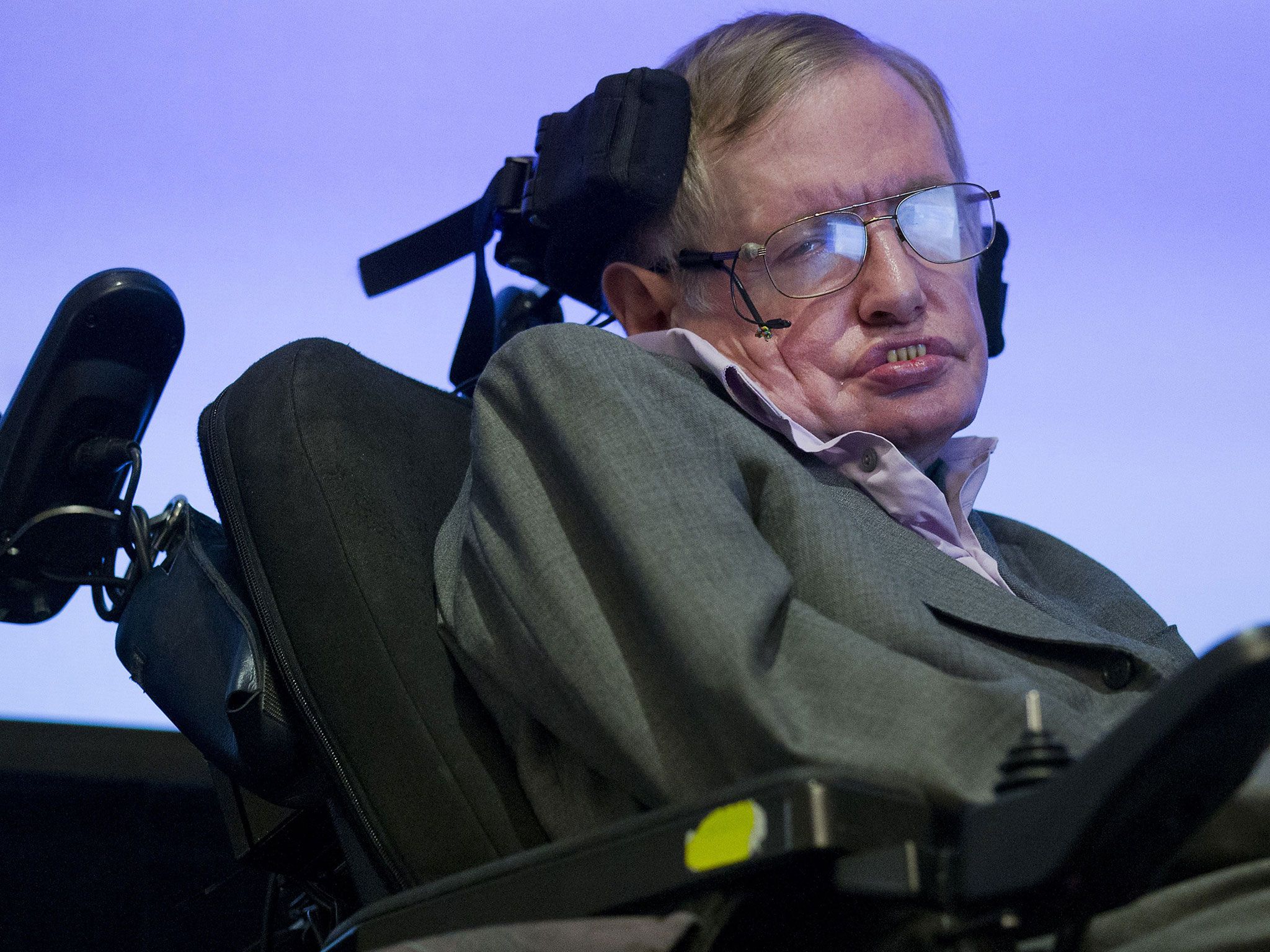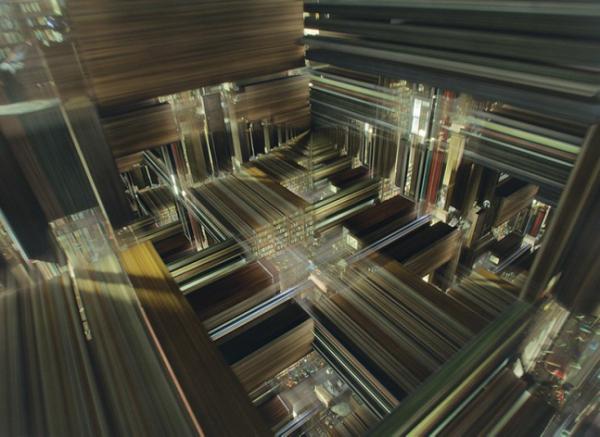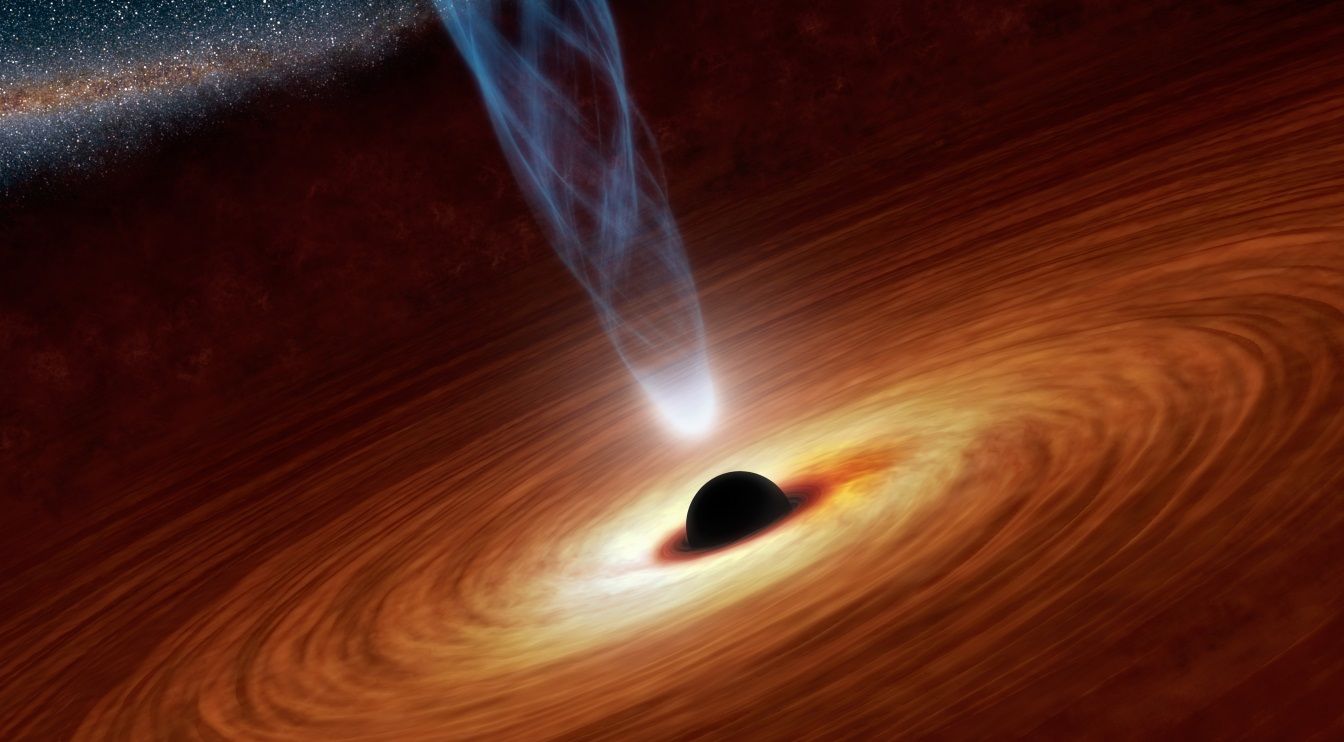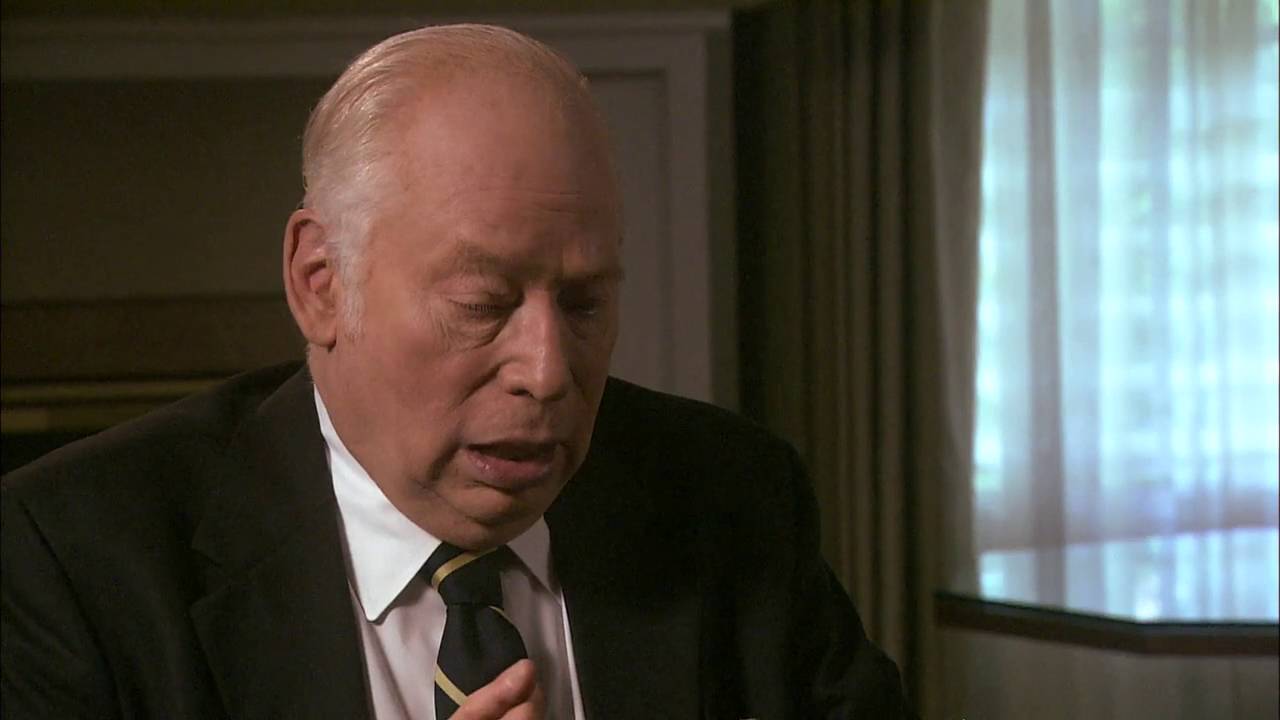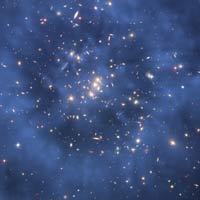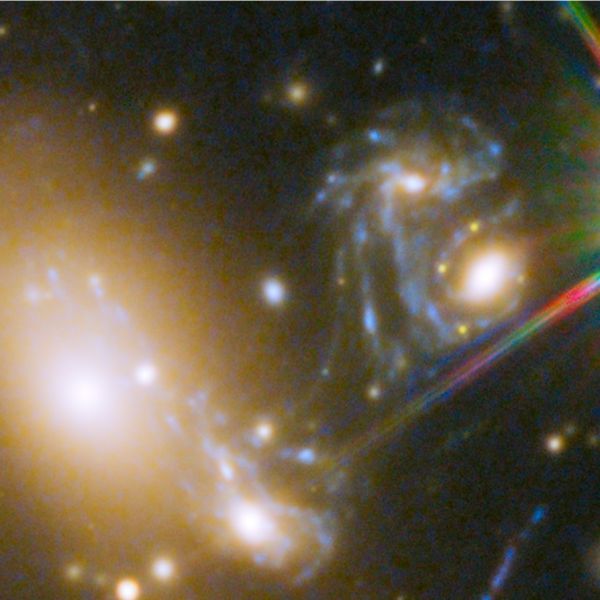Jan 11, 2016
Stephen Hawking publishes paper on black holes that could get him ‘a Nobel prize after all’
Posted by Karen Hurst in category: cosmology
Definitely, long overdue for Mr. Hawkins. Hope he wins the Nobel.
Stephen Hawking has published what he claims could be evidence that his theories on black holes are true — a publication that could win him the Nobel prize.
The physicist hinted last year that he may have solved the black hole information paradox, which is concerned with the apparent problem of what happens to matter when it goes into a black hole.
